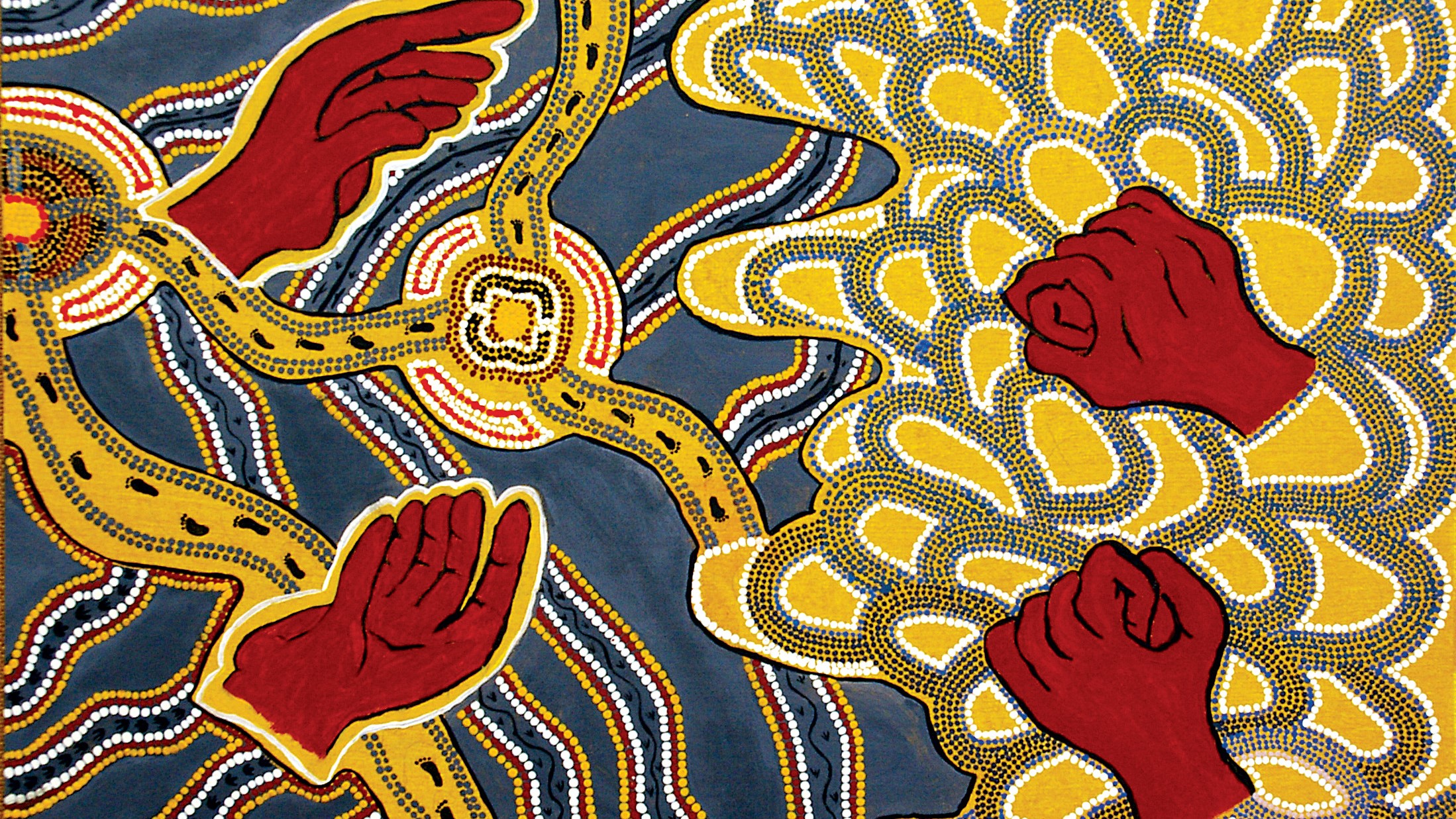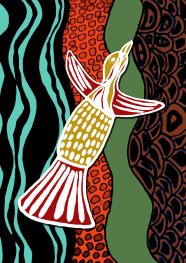Loading...
Presentation Type
Presentation
Location
The University of Notre Dame Australia, Broome Campus
88 Guy Street
NDB11/L13
Start Date
14-6-2023 12:30 PM
Description
Every April our Nation stops to remember those who have sacrificed their lives in wars that have been fought overseas. In recent years there has been greater recognition of the role of Aboriginal and Torres Strait Islander people who have served in Australia's defence forces. But what about those who fought and died on home soil? Historian Henry Reynolds estimates about 30000 Aboriginal people and 5000 European people died on the Australian frontier. There is a growing awareness of the Killing Times in Australian history. In the Kimberley this history is very close. In this presentation I will move beyond a debate of whether or not this was war to a local case study. In the city of Toowoomba in Southern Qld a group of people have campaigned and worked to create an annual event remembering the warrior Multuggerah and the Battle of Meewah. The event has grown in statue and now attracts more than 200 people. It remembers an event in which an armed regiment was engaged against local Aboriginal people and a great victory was won by Clans of the Lockyer Valley and Darling Downs. The legendary singer songwriter Kev Carmody has honoured the event with a song. School students from around the district participate and lead the event. What is the role of non-Aboriginal people in these types of commemorations? How can we promote truth telling and a better appreciation of our shared history? As the SBS Australian Wars series asked - Are we ready to face a past that still echoes in our present?
Recommended Citation
Copland, Mark, "‘So We Remember - Ways of Remembering the Frontier Wars’" (2023). Talking Heads Seminar Series. 13.
https://researchonline.nd.edu.au/nulungu_talkingheads/2023/schedule/13
‘So We Remember - Ways of Remembering the Frontier Wars’
The University of Notre Dame Australia, Broome Campus
88 Guy Street
NDB11/L13
Every April our Nation stops to remember those who have sacrificed their lives in wars that have been fought overseas. In recent years there has been greater recognition of the role of Aboriginal and Torres Strait Islander people who have served in Australia's defence forces. But what about those who fought and died on home soil? Historian Henry Reynolds estimates about 30000 Aboriginal people and 5000 European people died on the Australian frontier. There is a growing awareness of the Killing Times in Australian history. In the Kimberley this history is very close. In this presentation I will move beyond a debate of whether or not this was war to a local case study. In the city of Toowoomba in Southern Qld a group of people have campaigned and worked to create an annual event remembering the warrior Multuggerah and the Battle of Meewah. The event has grown in statue and now attracts more than 200 people. It remembers an event in which an armed regiment was engaged against local Aboriginal people and a great victory was won by Clans of the Lockyer Valley and Darling Downs. The legendary singer songwriter Kev Carmody has honoured the event with a song. School students from around the district participate and lead the event. What is the role of non-Aboriginal people in these types of commemorations? How can we promote truth telling and a better appreciation of our shared history? As the SBS Australian Wars series asked - Are we ready to face a past that still echoes in our present?





